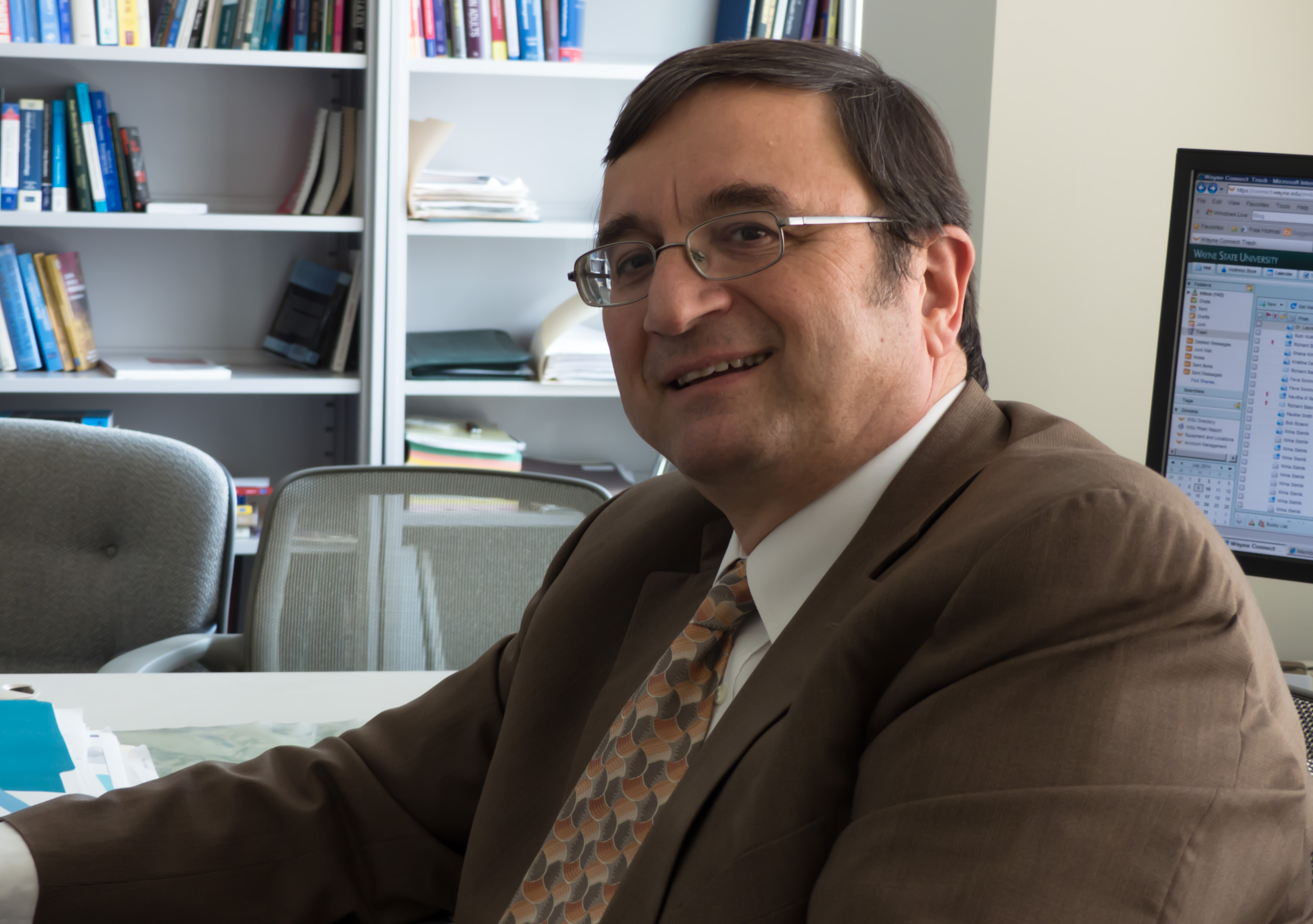General Psychiatry
Our Mission
The Department of Psychiatry & Behavioral Neurosciences takes great pride in its role in training the next generation of general psychiatrists, child and adolescent psychiatrists, geriatric psychiatrists and addiction psychiatrists. Mentorship and teaching is at the heart of our Department's mission. As a Department in the Wayne State University School of Medicine, our top priority is medical student and resident education and training the next generation of psychiatrists.
Mentorship and teaching is at the heart of our Department's mission. As a Department in the Wayne State University School of Medicine, our top priority is medical student and resident education and training the next generation of psychiatrists.
We recognize at the medical student level that most students will not become psychiatrists. However, we see them as ambassadors to educate others about the new era of modern biological psychiatry and how our field is beginning to bridge successfully with traditional academic medicine with evidence based approaches at the forefront. We also have a graduate Ph.D. program, the Translational Neuroscience Program (TNP) which focuses on training scientists in translational neuroscience and psychiatry. This is a premier program for which we receive applications from across the country. Our goal is full integration of these educational programs where each discipline informs each other. Moreover, our Department is committed to integration across education, research and clinical disciplines. Rather than having separate educational, research and clinical settings to see patients, we have tried to integrate these to maximize opportunities for education. We encourage residents to become involved in research although their primary task is, of course, to become competent psychiatrists. That being said, medical students, graduate students and residents have every opportunity to become involved in cutting-edge clinical and basic research. Many of our medical students and residents have presented their work at prestigious national and international meetings as well as first-authored original research articles in top-tier, peer reviewed journals. With partners including the VA, Henry Ford Hospital and others, we are looking at further opportunities to grow including additional specialty fellowships. Exciting times lie ahead in our efforts to teach, research and treat psychiatric illness and, thereby, provide the best care for the patients and families we serve.
-David Rosenberg, M.D. - Chair
Department of Psychiatry and Behavioral Neurosciences

I would like to welcome all those interested in excellent education in psychiatry and suggest that you explore the training possibilities in our Department. We offer great, comprehensive, real world training in clinical psychiatry based in various university and community settings. Our residents also have ample opportunity to participate in various research projects and psychotherapy training (in collaboration with the Michigan Psychoanalytic Institute), as well as in Quality Improvement projects, continuity clinic over the length of the entire psychiatry training, telepsychiatry, specialized addiction psychiatry electives and many other interesting educational options. Our Department also offers further specialized training: Child and Adolescent Psychiatry Fellowship, Addiction Psychiatry Fellowship and Geriatric Psychiatry Fellowship. Thus, our trainees have an option to further expand their education after their Adult Psychiatry training without necessarily moving, and in familiar settings closely connected to their Adult Psychiatry training.
Psychiatry, with its blend of neurosciences, psychology, humanism and social/cultural aspects, is, in our humble opinion, the most exciting and gratifying specialty in all of medicine.
Psychiatry, with its blend of neurosciences, psychology, humanism and social/cultural aspects, is, in our humble opinion, the most exciting and gratifying specialty in all of medicine. Residency training in psychiatry has undergone a transformation driven by developments in the neurosciences and the skills necessary for the practice of psychiatry. Significant progress has been made in understanding the neurobiology of mental disorders and in developing medications that more effectively manage psychiatric symptoms. New and more efficient forms of psychotherapy have also evolved and are undergoing research validation. Residency training has to reflect these profound changes in our field. Residents must learn to use cutting-edge science to meet the needs of patients, regardless of what the financiers may dictate. It is the obligation of any residency program to emphasize the importance of advocating for individual patients and to teach the most current and evidence-based knowledge to its trainees. Our commitment to these values direct the Detroit Medical Center/Wayne State University Psychiatry residency. We prepare our residents for Board certification and lifelong learning.
As an academically oriented Department of Psychiatry with a long tradition in psychiatric education, we have been able to respond well to all the changes and developments the fields of psychiatry and neurosciences have faced lately. Our academic setting has also helped enormously to address all the changes and new requirements in psychiatric education and training.
One more note for those interested in our training program: Our residents are a diverse group of individuals with a variety of interests. They are highly motivated, interested in learning and improving their skills, friendly and highly sociable and always ready to help their peers and others (they played a major role in the development of this website!).They are a very cohesive group who get along well with each other and study and socialize together outside of work. I have had the great pleasure of working with such an excellent group of young professionals.
-Richard Balon, M.D. - Program Director
Adult Psychiatry Residency Program

Richard Balon, M.D.
General Psychiatry Residency Program - DMC/WSU
Tolan Park Medical Building
3901 Chrysler Service Drive
Detroit, MI 48201
Phone: (313) 993-3416
rbalon@wayne.edu